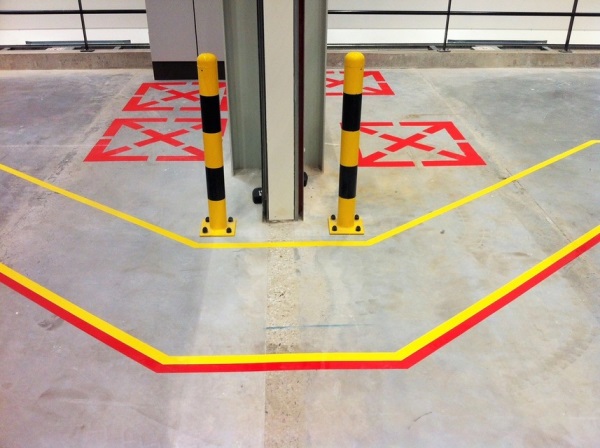counterbalanced forklift operator's specific job training
The largest forklift operator training website in the world

![]()
![]()
Specific job training for forklift operators
Specific job training follows on from basic training but parts of the two may sometimes be incorporated. The list below indicates items which should be taught as part of specific job training.
According to the Approved Code Of Practice, this stage of training should be carried out by a qualified forklift instructor whereas the last stage can be carried out by the forklift operator's immediate supervisor.
-
Knowledge and understanding of the operating principles and controls of the lift truck to be used, especially where these relate to handling attachments specific to the job, or where the controls are different from those on which the operator has been trained (to be repeated whenever the design of the truck is changed)
-
Routine inspection and servicing of that truck in accordance with the operator’s handbook or instructions issued by the manufacturer, in so far as they may reasonably be carried out by the operator (to be repeated whenever the design of the truck is changed)
-
Use of the lift truck in conditions that the operator will meet at work, for example gangways; loading bays; racking; lifts; automatic doors; confined areas; cold stores; slopes; rough terrain; loading platforms; other vehicles; and bad weather
-
Instruction on site rules, for example site layout; one-way systems; speed limits; general emergency procedures; use of protective clothing and devices including operator restraints and eye and hearing protection; work near excavations and overhead lines; and other hazards
-
Training in the work to be carried out, for example loading particular types of vehicle; handling loads and materials normally found at that workplace, including assessing weight; using the lift truck fitted with working platforms where appropriate
-
Safe systems of work, which should include custody arrangements to ensure keys are never left in unattended lift trucks, or where they are freely available, to prevent unauthorised operators using them.